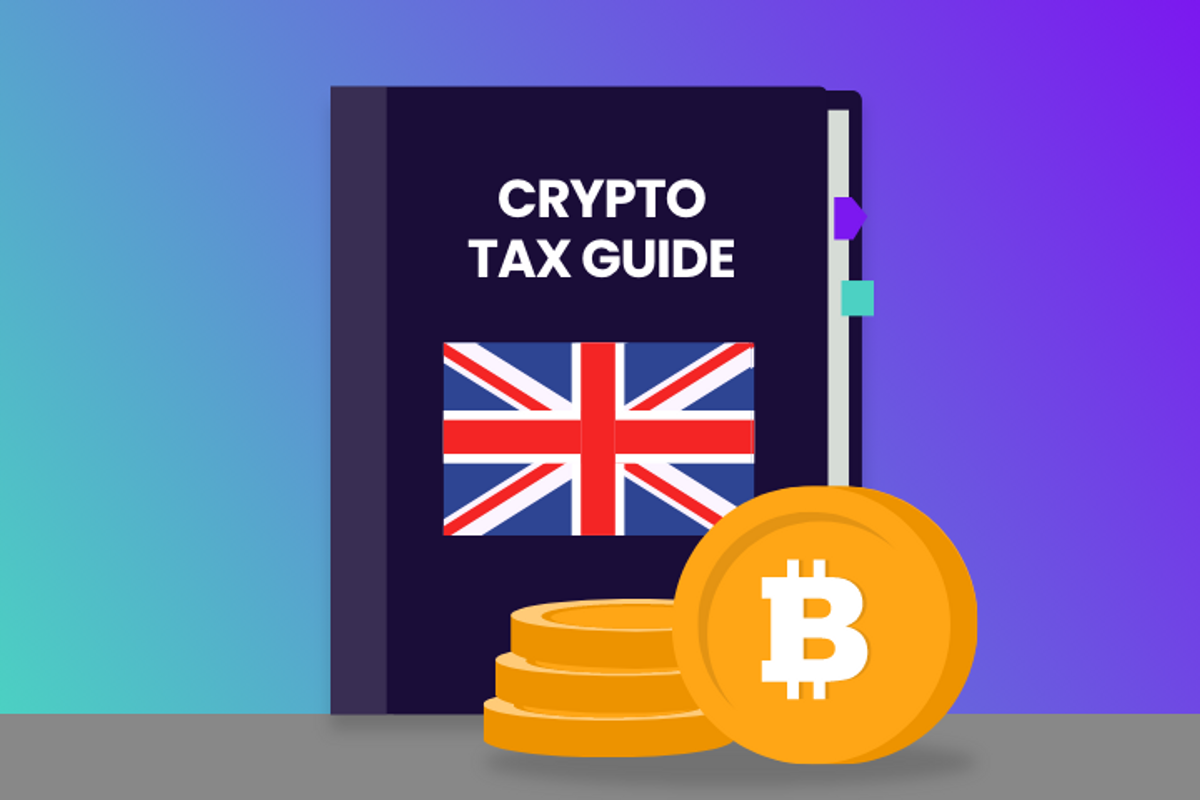
As a foundational pillar of the modern crypto landscape, Ethereum (ETH) offers investors a range of ways to grow their wealth. In this article, we'll delve into what Ether is, how it differs from Bitcoin (BTC), and how you can leverage it to make money. Whether you're an experienced crypto investor or a newcomer to the world of cryptocurrency, Ethereum holds potential as a direct investment and broader financial innovation. Let’s explore!
What is Ethereum and how does it work?
Ethereum is a decentralised, open-source blockchain network that facilitates peer-to-peer transactions through smart contracts without the need for intermediaries. Founded by Vitalik Buterin in 2015, Ethereum has rapidly grown to become one of the most influential projects in the cryptocurrency space. Buterin's vision was to create a platform that not only served as a digital currency but also provided a platform for decentralised applications (dApps) and smart contracts.
What is the difference between Ethereum and Bitcoin?
Ethereum builds on Bitcoin’s innovation. Bitcoin, the first cryptocurrency, created by anonymous Satoishi Nakamoto, led the way in establishing value without a central authority. Unlike Bitcoin, which primarily serves as digital gold, Ethereum's unique value lies in its ability to execute programmable contracts. Where Bitcoin is a payment network, Ethereum can facilitate financial services, games, social networks and other apps.
One of the key differences between Ethereum and Bitcoin is their consensus mechanisms. Bitcoin uses a proof-of-work (PoW) consensus mechanism, where miners compete to solve complex mathematical puzzles to validate transactions and secure the network. In contrast, Ethereum now uses a proof-of-stake (PoS) consensus mechanism. In September 2022, Ethereum, which originally operated through PoW went through “The Merge” transitioning to PoS. Ethereum 2.0. PoS relies on validators who lock up a certain amount of ETH as collateral to validate transactions and create new blocks. The transition significantly reduced Ethereum's energy consumption by 99.5%. Compared to Bitcoin's PoW system, Ethereum is much more environmentally friendly.
Methods for making money with Ethereum
Now that we understand what Ethereum is and how it works, let's explore the pros and cons of the various methods for making money.
Buying and holding (HODLing)
HODLing, a term derived from a misspelling of "hold," refers to the strategy of buying and holding onto assets for the long term. In the case of Ethereum, HODLing involves purchasing ETH and storing it securely in a wallet with the expectation that its value will increase over time. While this strategy requires patience and doesn’t offer immediate or guaranteed income, it has historically proven to be a profitable approach for many investors. It’s important to remember that crypto is volatile, so although Ethereum has grown and seen an increase in price, there is potential for loss.
Ethereum staking
Ethereum staking involves locking up a certain amount of ETH to support the network's operations and validate transactions. In return, stakers are rewarded with additional ETH for their contributions. Staking offers a passive income stream for investors, albeit with some risks.
How to stake your Ethereum?
There are various Ethereum staking methods that appeal to different individuals, depending on factors like the amount you're willing to stake, your technical proficiency, security preferences, risk tolerance, and desired reward.
- Solo home staking: Solo staking on Ethereum provides full rewards and decentralises the network without trusting others with your funds. You need at least 32 ETH and a dedicated internet-connected computer, with simplified tools available for easier setup.
- Staking as a service: With staking-as-a-service, delegate the technicalities while earning block rewards with your 32 ETH. This method requires trust in the provider, but you retain control of withdrawal keys.
- Pooled staking: Pooled solutions cater to those without 32 ETH, offering 'liquid staking' for easy entry and exit. While it simplifies staking, these solutions come with third-party risks.
- Centralised exchanges: For those uncomfortable holding ETH in their own wallets, centralised exchanges offer staking services with minimal effort. However, this concentrates ETH and poses network security risks.
Trading Ethereum
For those with a higher risk tolerance, trading Ethereum can be a great way to make some money. You can participate in Spot trading and Futures trading:
- Spot Trading: This is a more straightforward trading method where you buy and sell ETH for cash or other cryptocurrencies on exchanges. Popular platforms for spot trading include Binance, Coinbase, and Kraken.
- Futures Trading: Want to bet on where Ethereum's price is heading? Futures trading lets you speculate on future prices without actually owning any ETH. This can amplify potential gains but also increases risk. Platforms like Binance Futures and BitMEX offer Ethereum futures trading.
To trade effectively, you'll need a good grasp of market trends and solid risk management strategies. Tools like technical analysis, stop-loss orders, and trading bots can help you trade smarter and safer.
Liquidity mining
Liquidity mining, or yield farming, involves providing liquidity to decentralised exchanges (DEXs) in exchange for rewards. You can deposit assets into liquidity pools helping to facilitate trading and earn a share of trading fees generated by the pool in return. Many liquidity providers also receive additional tokens as incentives. Popular platforms for liquidity mining include Uniswap, SushiSwap, and Balancer.
Liquidity mining also comes with risks such as impermanent loss, where the value of deposited assets can drop compared to holding them. Always weigh the potential returns against the risks before participating.
Lending on Ethereum
In the decentralised world of crypto,lending is a popular way for investors to generate passive income from their ETH investment. Typically, investors make a profit by lending crypto to borrowers with a high-interest rate. Interest rates in lending Ethereum can vary widely depending on the platform and are determined by supply and demand dynamics, but often offer more competitive rates than traditional banking. You can participate in lending through centralised or decentralised lending platforms like Aave, Compound and Maker DAO.
Centralised lending platforms
Pros:
- Easier to use, with the platform managing all technical details such as security, data storage, bandwidth usage, and authentication.
- Typically offer higher interest rates than decentralised platforms.
Cons:
- More susceptible to hacks and data breaches.
- Requires trust in a central authority to manage your funds
Decentralised lending platforms
Pros:
- Higher level of security, transparency, and customisability.
- Users maintain control over their funds and can tweak settings to maximise profits.
Cons:
- Often more complex to use, requiring a higher level of technical expertise.
- Typically offer lower interest rates compared to centralised platforms.
It’s important to conduct thorough research and assess your needs and goals as well as the risks before participating in lending protocols. Factors to consider include the platform's security, the collateralisation of loans, and the potential for smart contract vulnerabilities.
Sign up to Recap today
Ethereum offers a range of opportunities for investors looking to diversify their portfolios and generate passive income. Whether you choose to HODL, stake, trade, participate in liquidity mining, or lend, Recap is here to simplify the complexities of tracking your Ethereum transactions and managing your crypto taxes.
Our crypto tax guides help you to understand the latest guidance while our software ensures that you remain compliant with tax regulations while optimising your returns from cryptocurrency like Ethereum.
Ready to get started? Sign up to Recap today and take control of your crypto taxes!



